Hi, I’m Laura, a Child Psychiatrist, mum of two and RMS reader. I’m combining all of these things with my love of writing to bring you a series of articles aimed at parents of younger children. I’ve previously blogged for these pages about mindfulness and body image, and today I’m talking about kids and loneliness.
Next year lessons on health, including mental health, will become statutory rather than optional for schools. And among the topics on the agenda for primary school pupils is…..loneliness.
‘Lonely but not alone’
Loneliness is a hot topic, and rightly so. A couple of years ago Childline noted a rise in the number of calls from young people describing feelings of loneliness, and last year the Office for National Statistics produced the first ever report on children’s loneliness.
As a parent, it’s heartbreaking to think of your child as lonely. How would you know? Would they have the language to describe it or would it be the lack of invites to birthday parties or play-dates that you would notice? Children may find making friends hard for so many reasons, but does that equate to loneliness?
Of course occasional feelings of loneliness can be a completely normal and healthy part of your child’s emotional development, and being alone is not the same as being lonely. Similarly it’s quite possible to be surrounded by people and still feel lonely (‘lonely but not alone’).
What can we do?
Noticing when your child looks sad and helping them develop the language to describe their emotions is a really important step. Ensuring that your child has the opportunity to be with other children of a similar age, be that through family or play-dates, can also help in their social development. Children with learning and attention problems may be more vulnerable to peer problems and feeling lonely so if you have concerns about your child’s development it’s worth discussing this with your GP.
Equally enabling children to be able to play independently and entertain themselves without always needing others for stimulation is an important skill to nurture too (‘alone but not lonely’). Achieving even simple things without help like building a tower or drawing a picture are all important steps in the development of good self-esteem.
I’d love to hear your thoughts on this topic. There is some brilliant work being done to raise awareness of loneliness, and it’s something that can affect us all – check out the Jo Cox loneliness commission for some great help and support for parental loneliness as well as for children.

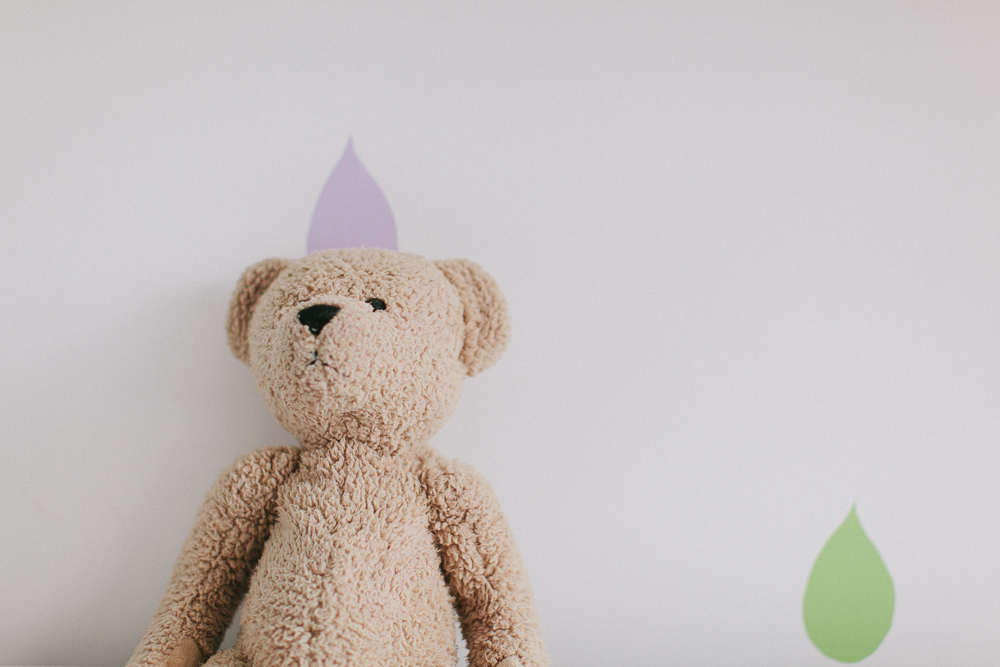
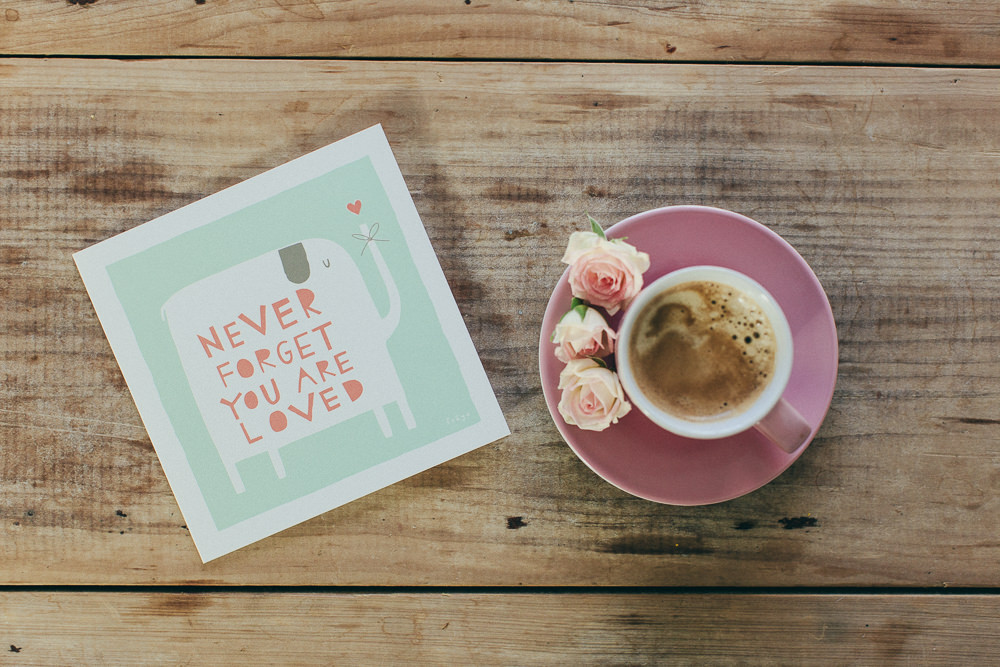
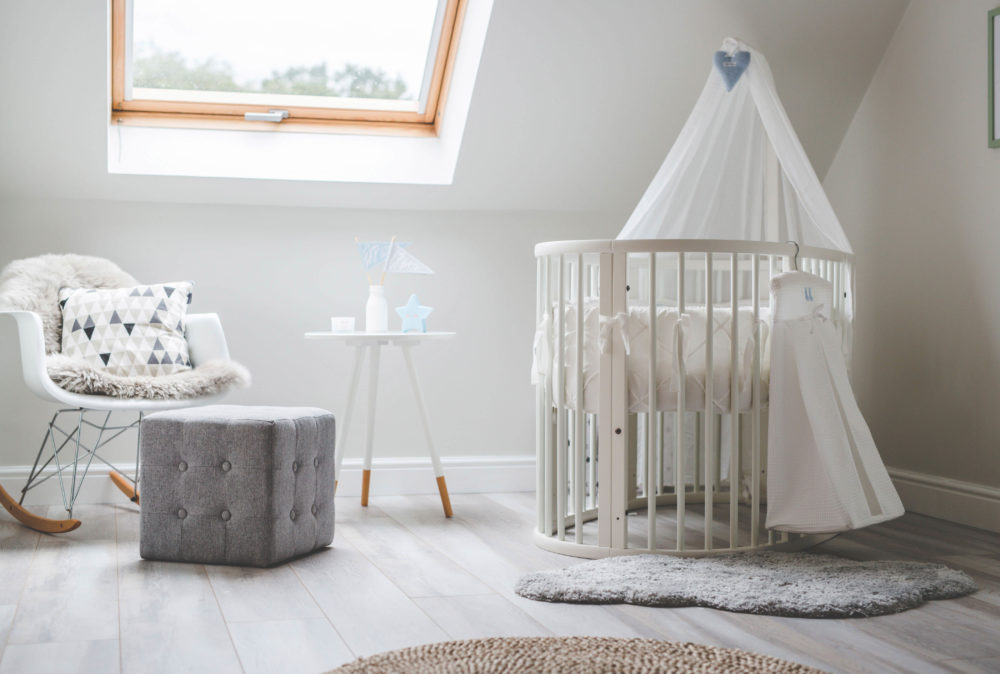
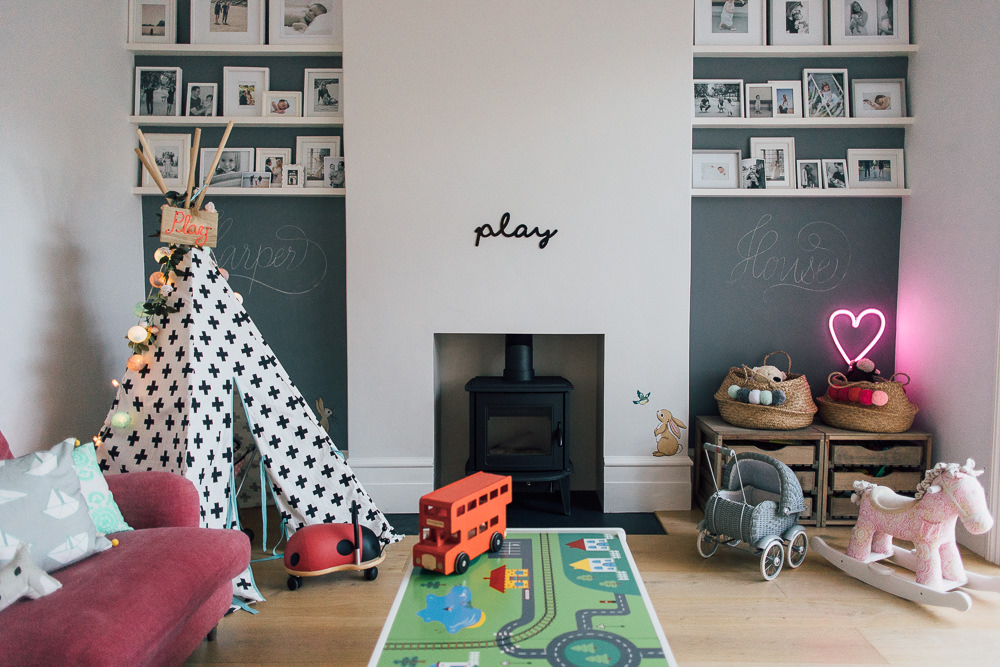

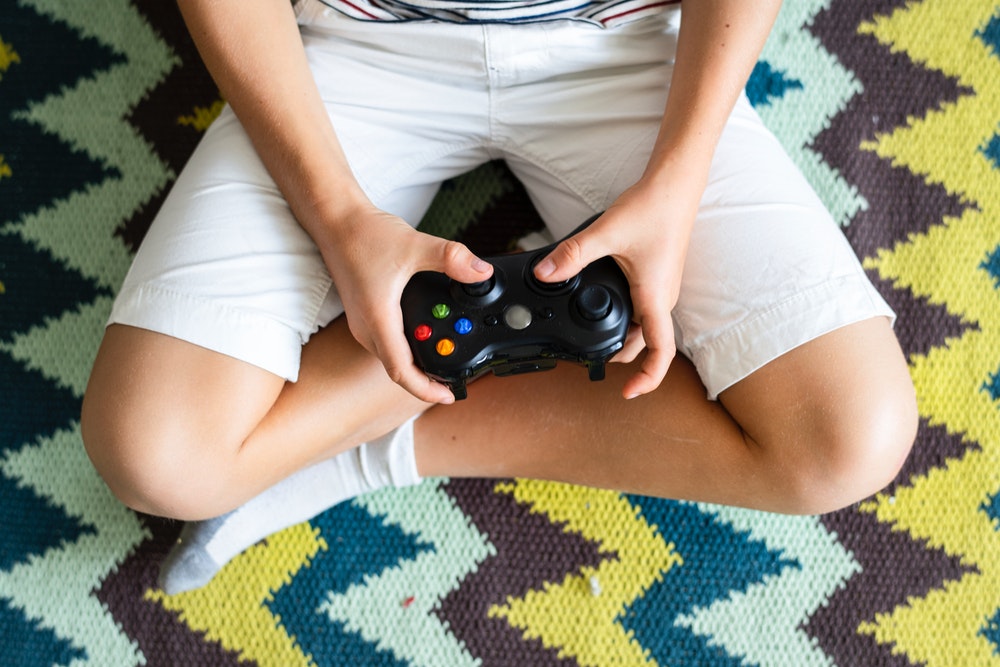
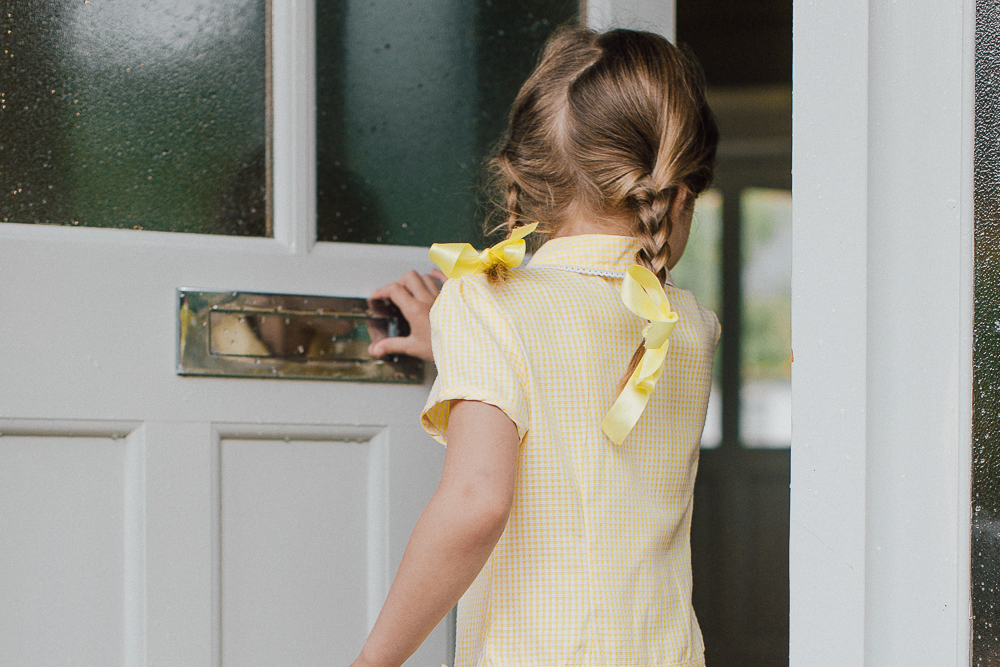


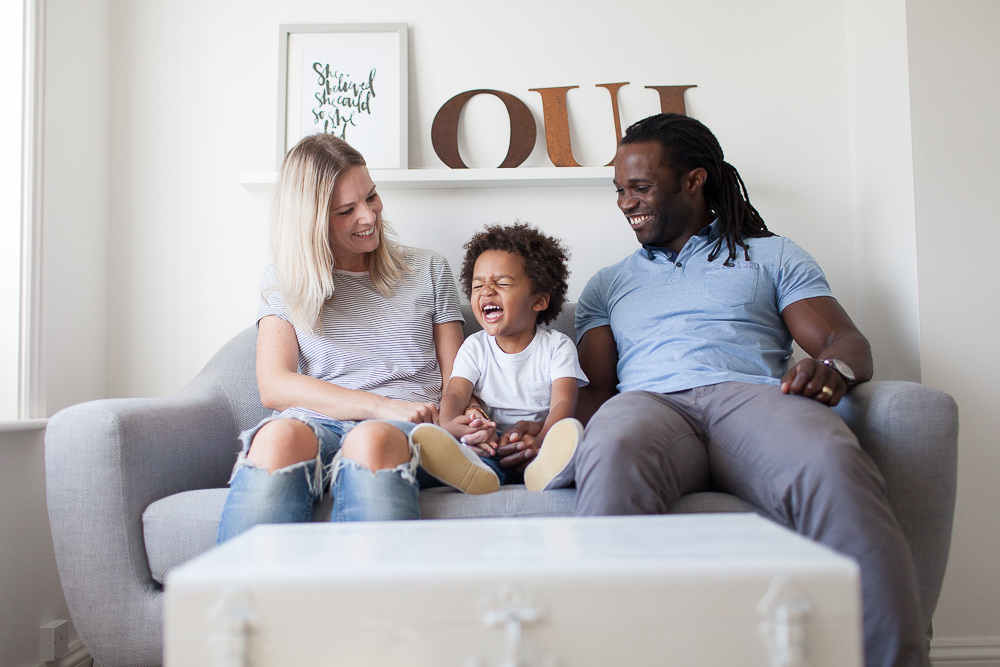
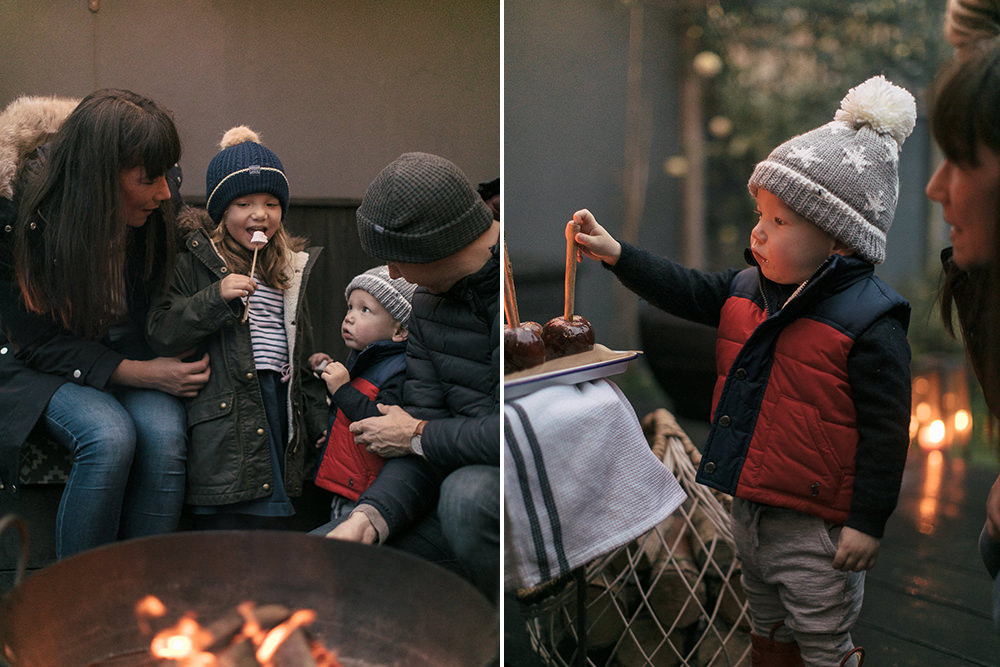
Oh this is a great post, thank you. I would never have thought to talk about lonliness with my little girl and she starts to socialise with other toddlers, but it’s so important. She’s not two yet so I don’t think we’re quite there (we’re still at the stairs = dangerous, mummy’s eyes = delicate, don’t poke stage!), but I know the time will creep up on us.
It’s really helpful to think about the feelings you mention – ‘alone but not lonely’ and ‘lonely but not alone’ – and how to combat the latter. Thanks again!
*as she starts to socialise
Glad you enjoyed it Jenni. There’s so much for us to consider and be aware of these days that parenting can feel like a minefield! I hope these ideas help x
This is a really interesting read, thank you. I have a 4 year old who started school in September and my biggest fear is that she might be lonely and sad and I wouldn’t necessarily know anything about it! Also its good to know that playing alone sometimes is normal and healthy.
Thanks Kate. A caring network of parents, teachers and friends around a child who all communicate with each other makes these things much easier to spot and pick up early. The very fact you are worried about it simply means you are a loving and caring mother x
It’s a really lovely post, thank you. We are very lucky to have two children that are really good at playing by themselves. They are quite good at being alone, but not lonely. It’s sad to think that more children are becoming lonely though. I wonder why that is…
Thanks Anja. It’s a tricky one and not one clear reason but I suspect social media has a large role to play- things like actually being able to see photos of the party you weren’t invited to can make growing up these days even tougher.